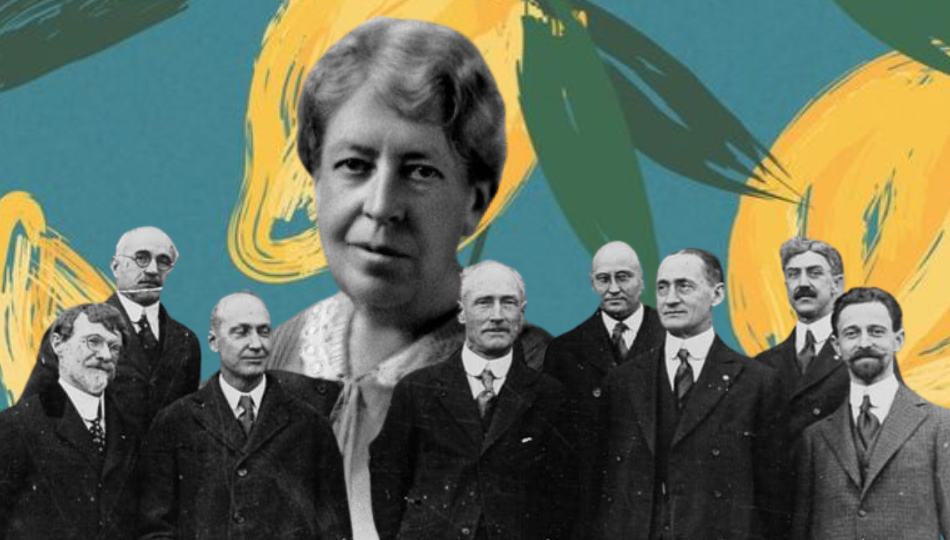We are curious about the father of Psychology but are we interested to know who is the mother of Psychology? And then again, no one entity can be seen as the father or mother. With evolving time and information, various aspects of Psychology have been parented by various men and women Psychologists. But to keep the conversation easy, let’s stick to “Who is the mother of Psychology?”
Introduction: Mary Whiton Calkins
So the answer is Mary Whiton Calkins. Mary was a remarkable woman who defied societal norms to become a pioneering psychologist and trailblazer in the field of psychology. Calkins, who was born on 30 March 1863 in Hartford, Connecticut, surmounted numerous obstacles to becoming one of the most influential figures in early psychology. Her contributions to the discipline, especially in the areas of self-psychology and memory research, paved the way for future developments and cemented her place in history.
Early Life and Education
Calkins was born into an intellectually stimulating and progressive family that valued education and women’s rights. She received a sound education despite societal barriers and limited opportunities for women at the time. Calkins attended Smith College, where influential psychologists such as William James served as her mentors. Under James’s guidance, Calkins discovered her passion for psychology and embarked on an extraordinary voyage of discovery and intellectual development.
Career and Contributions
Calkins was the first woman to join the faculty at Wellesley College, where she spent her entire tenure, in 1891. As a psychology and philosophy professor, she was committed to expanding the boundaries of knowledge and challenging the prevalent beliefs of her era. The primary focus of Calkins’s research was the self, specifically the essence of personal identity and the growth of self-awareness.
Her development of the paired-associate technique for researching memory was among her most significant contributions to the field. This innovative procedure paired unrelated words and assessed the participant’s ability to recall them. Calkins’ memory research not only increased our comprehension of how memory works but also paved the way for future research on cognition and learning.
Calkins contributed significantly to the burgeoning discipline of psychology by establishing one of the first experimental psychology laboratories in the United States. This laboratory provided a controlled environment for students and researchers to investigate psychological phenomena, thereby advancing the field’s methodology and understanding.
In addition to her research and instruction, Calkins fought throughout her life for women’s rights and gender equality. She was a prominent figure in the suffrage movement and actively supported women’s voting rights campaigns. In 1905, Calkins was also elected as the first female president of the American Psychological Association (APA), further tearing down barriers for women in academia and psychology.
Legacy and Impact
Mary Whiton Calkins’ contributions to psychology and advocacy for women’s rights have left an indelible mark on the discipline and on society as a whole. Her pioneering research on self-psychology and memory paved the way for future advancements in these fields. In addition, her unwavering determination and perseverance in the face of adversity helped pave the way for greater gender equality and opened doors for innumerable women in academia.
Despite the fact that Harvard University denied Calkins a Ph.D. due to her gender, her groundbreaking work and influential voice continue to inspire generations of psychologists and researchers. Her commitment to expanding the boundaries of knowledge and to equality is a testament to her enduring legacy.
Conclusion: The Mother of Psychology
Mary Whiton Calkins was a pioneering psychologist, devoted educator, and feminist rights advocate. Through her pioneering research on self-psychology and memory, she established herself as one of the most influential figures in the field of psychology during its formative years. In addition, her determination and fortitude in the face of adversity continue to inspire and empower individuals to challenge societal norms and pursue equality. Mary Whiton Calkins will be remembered eternally as a pioneer whose contributions continue to shape the field of psychology and pave the way for future generations.




